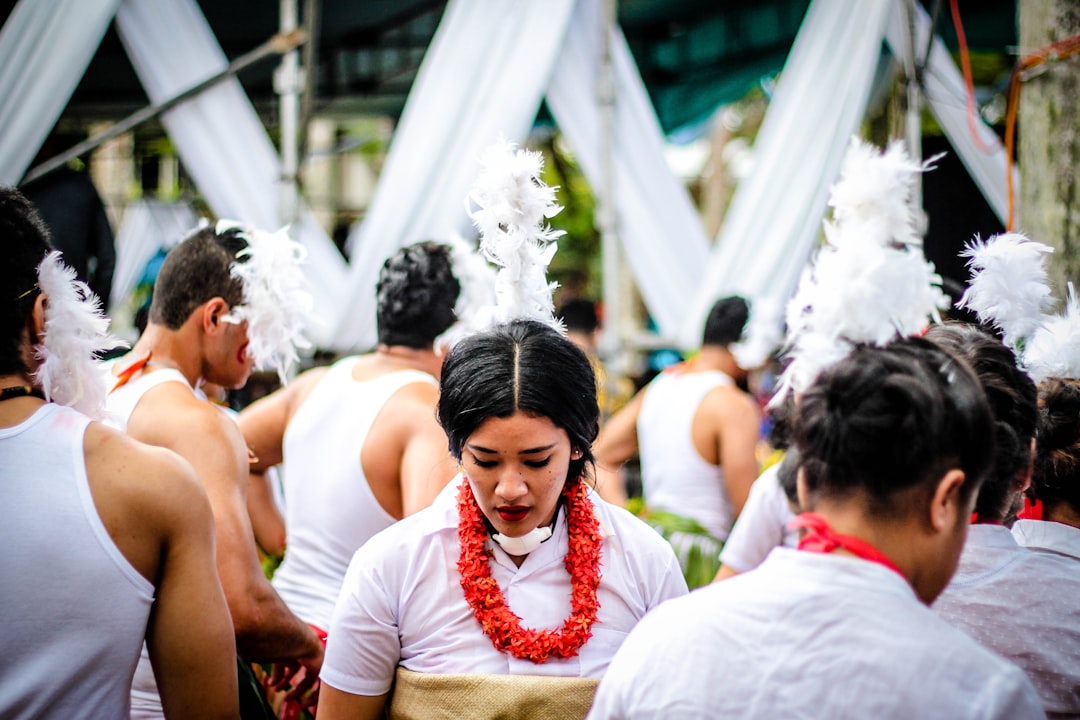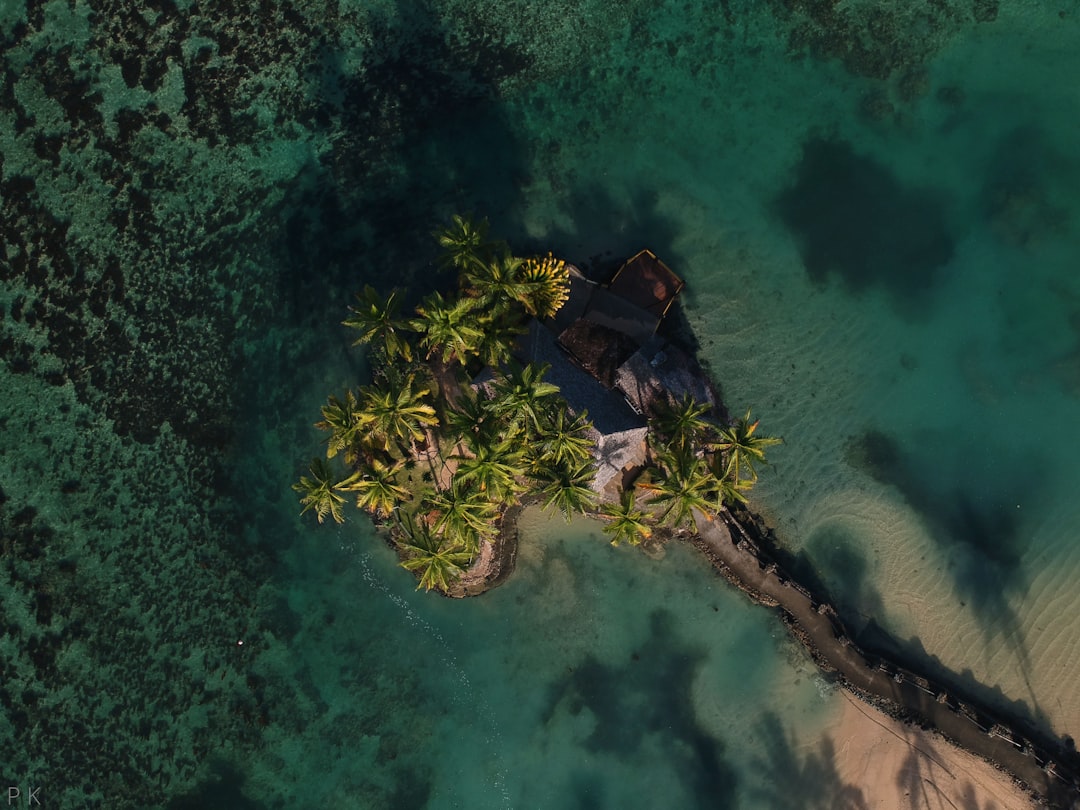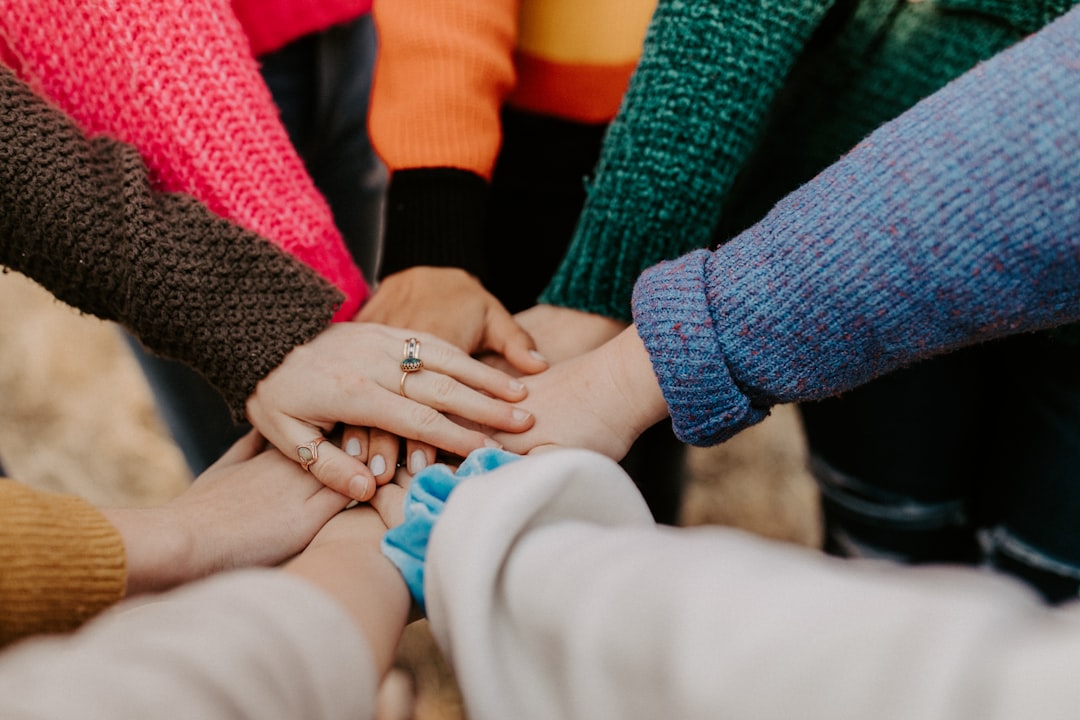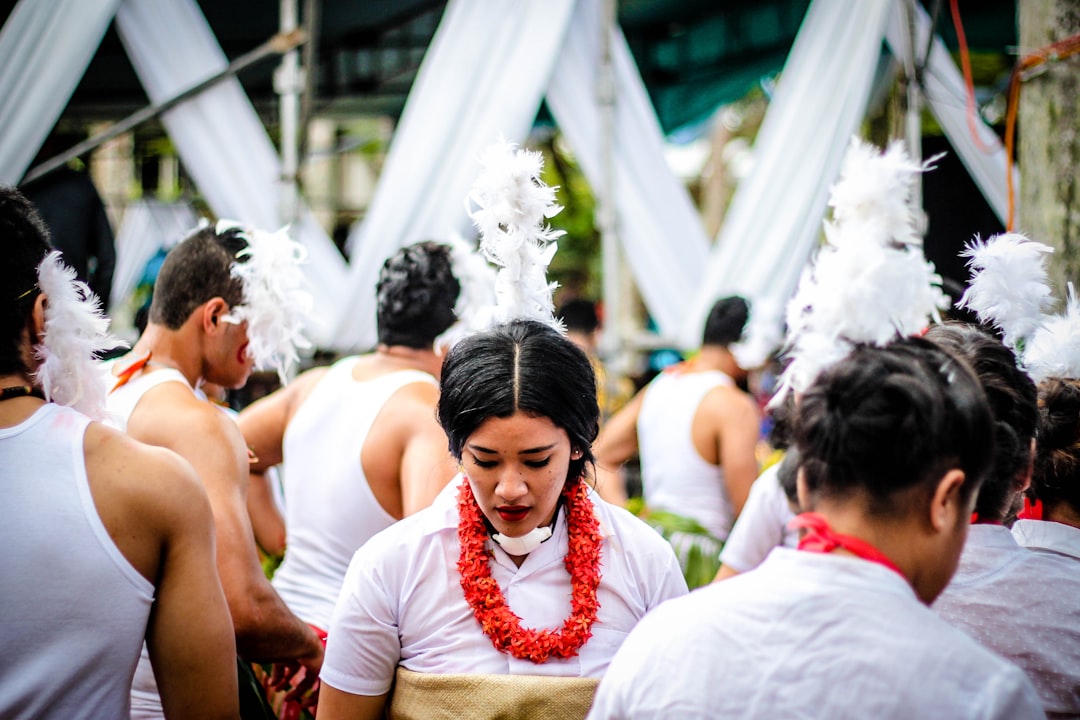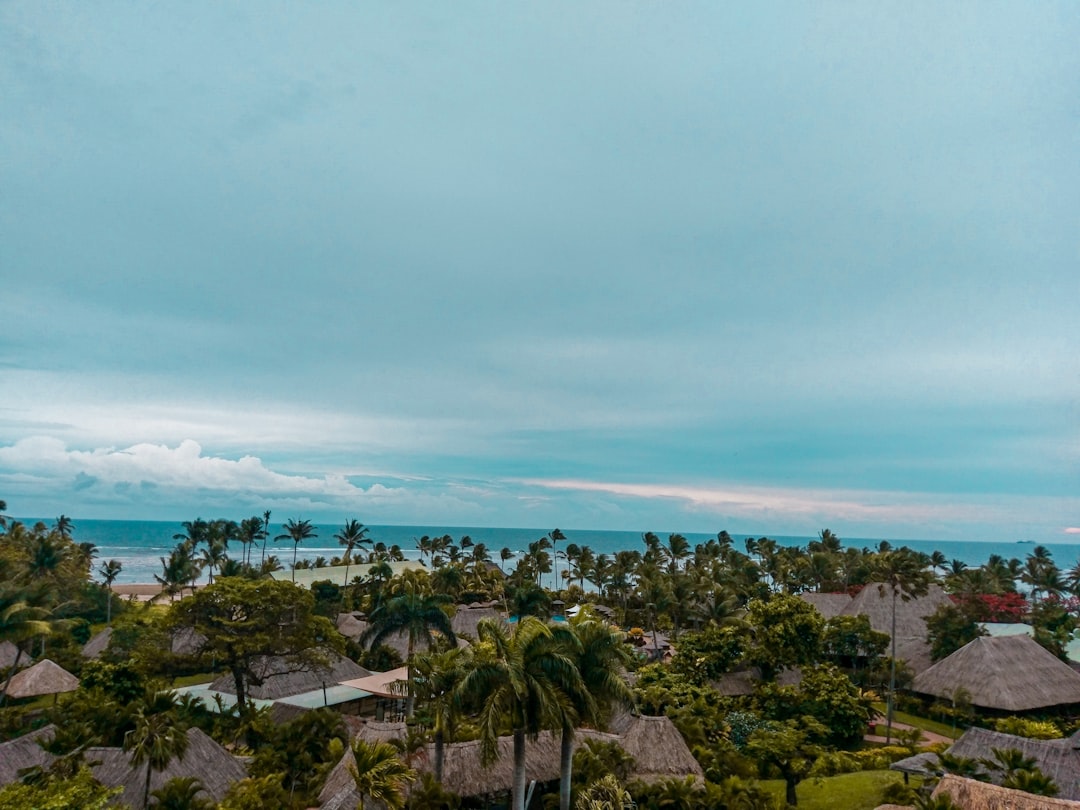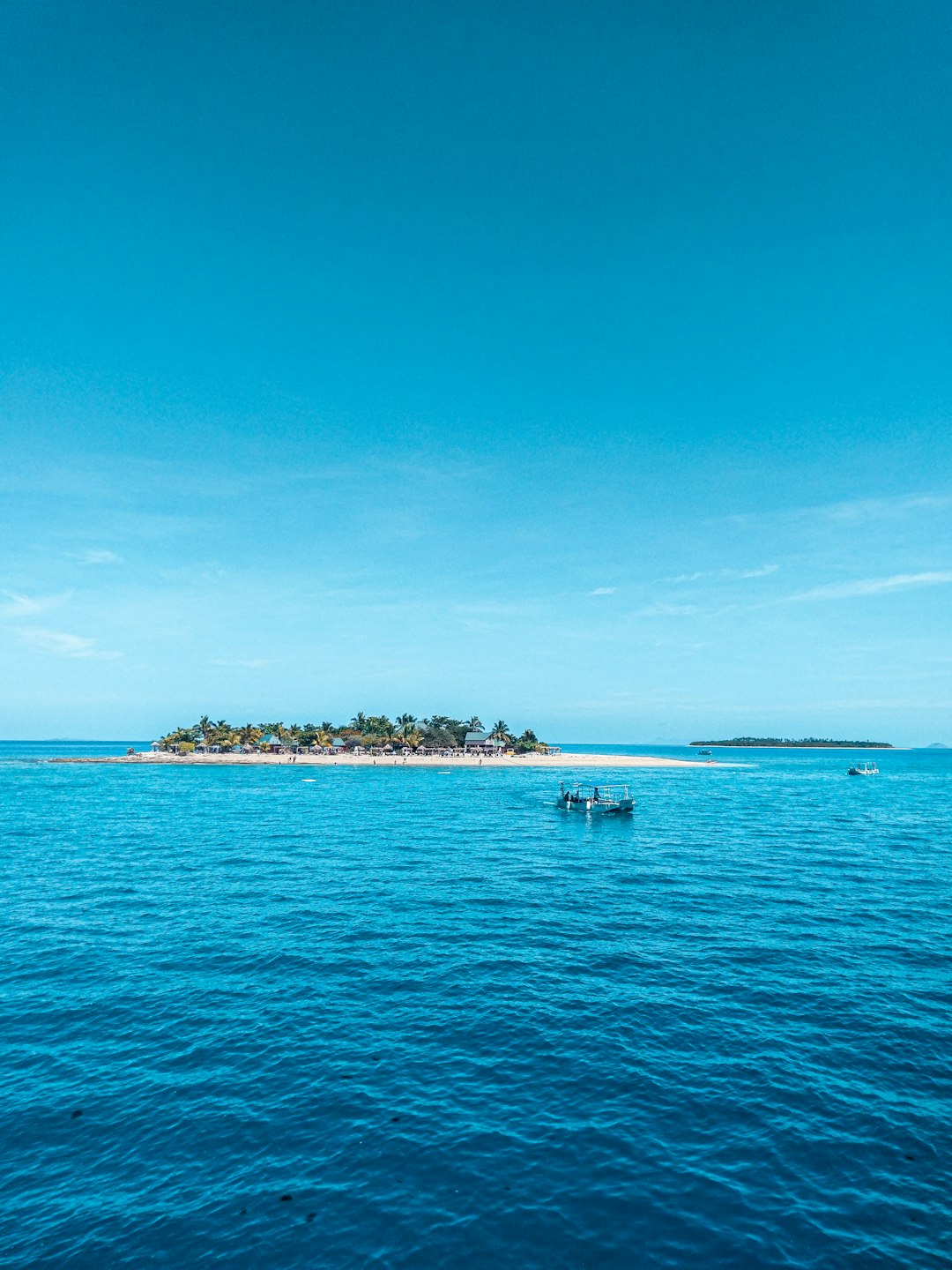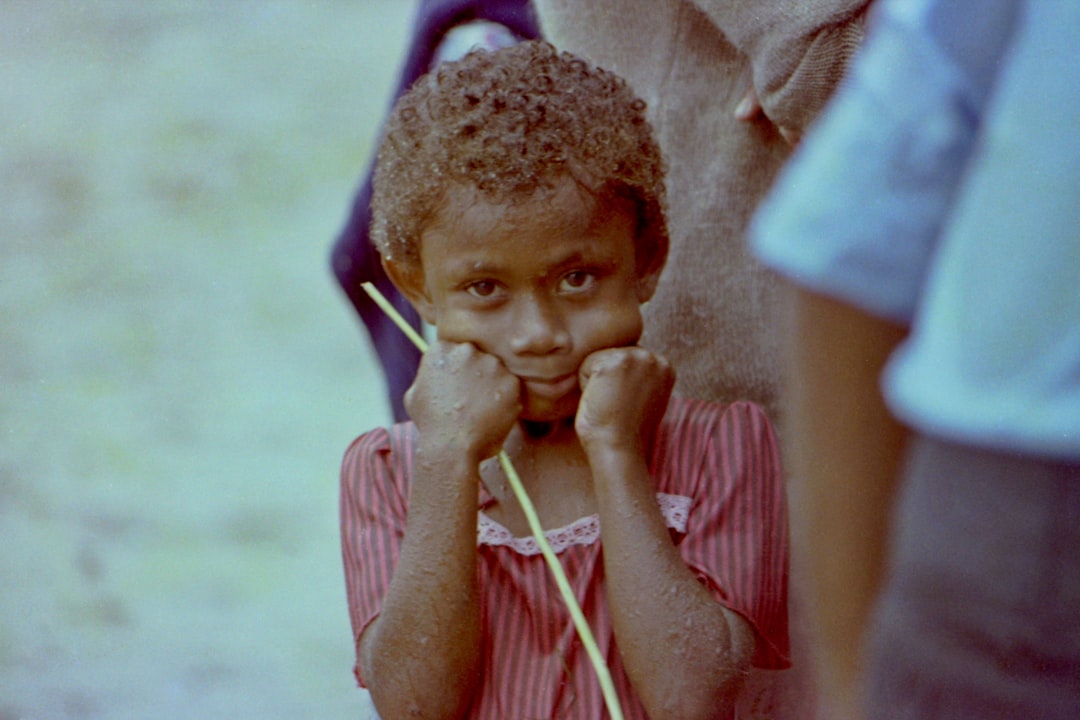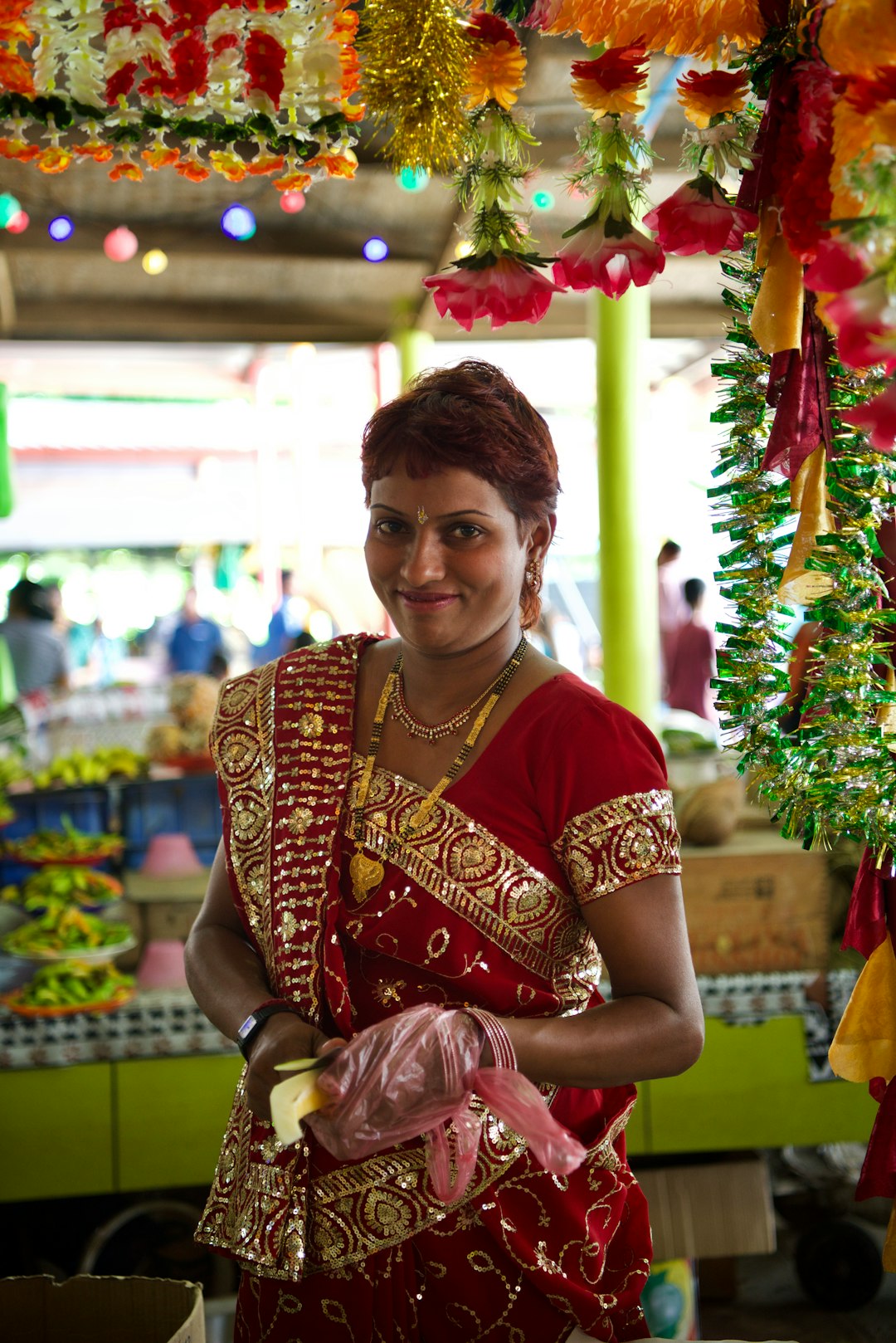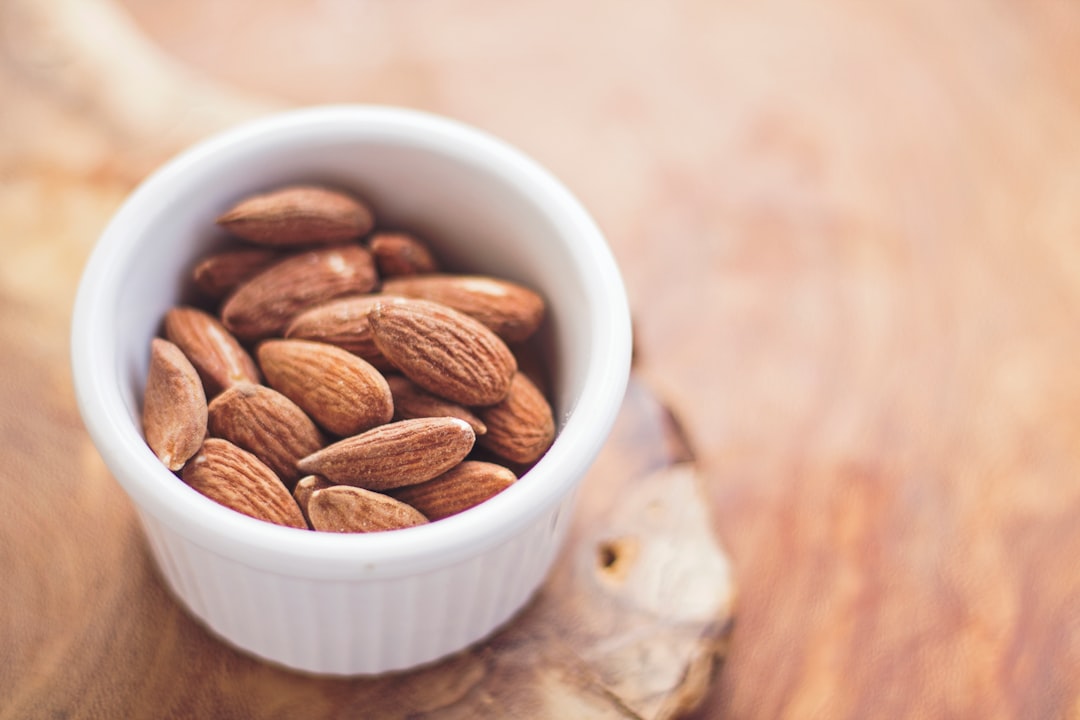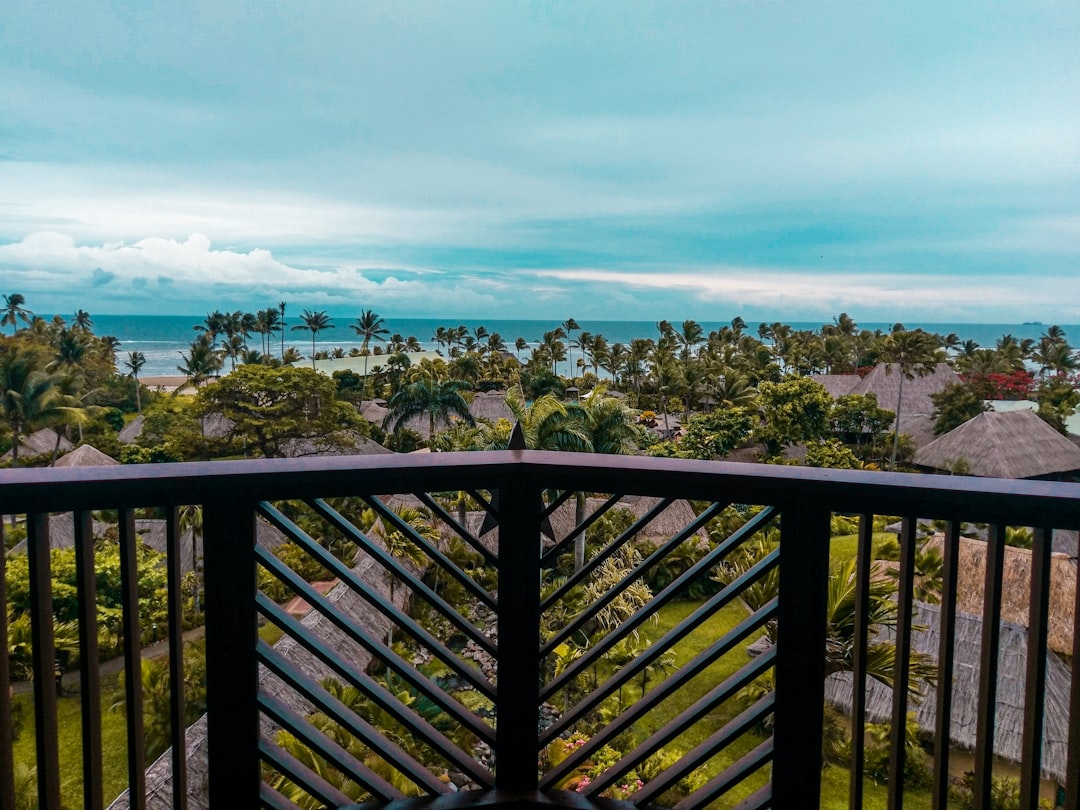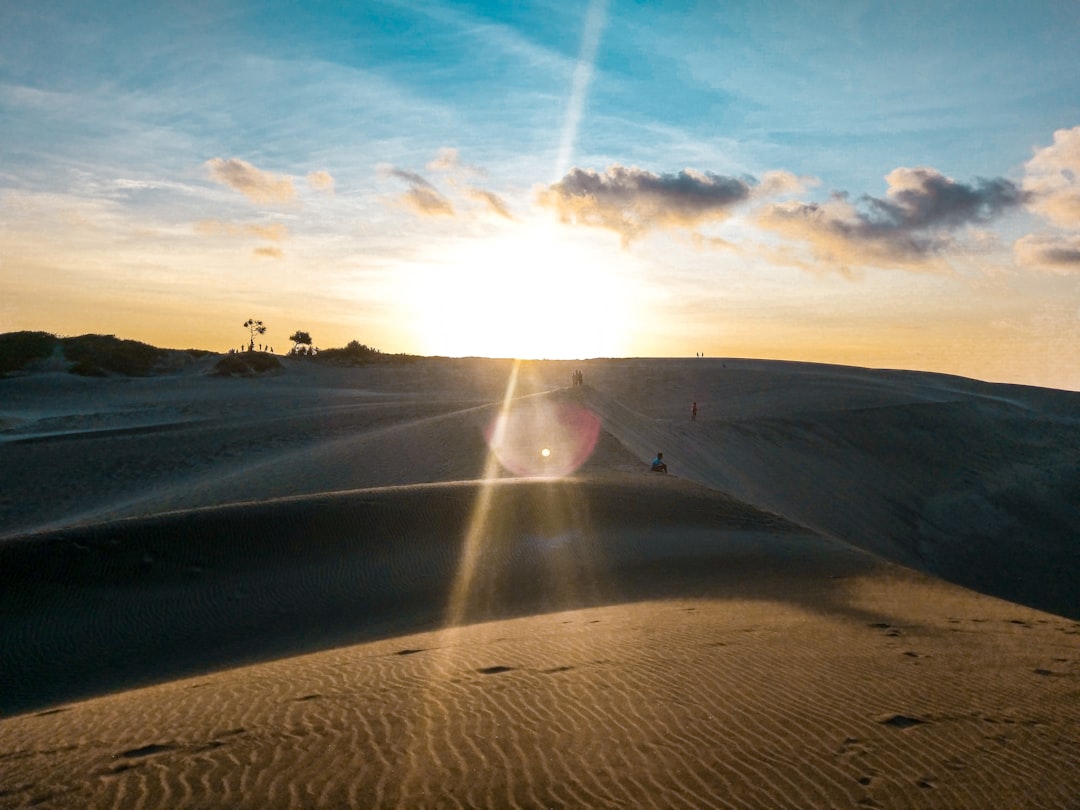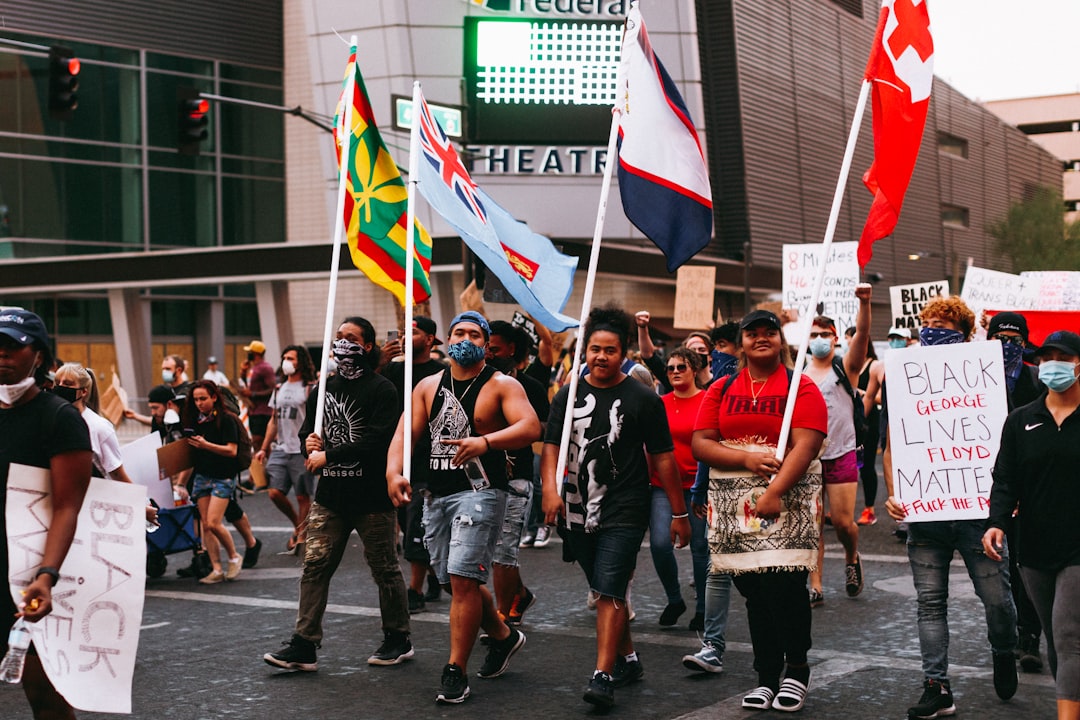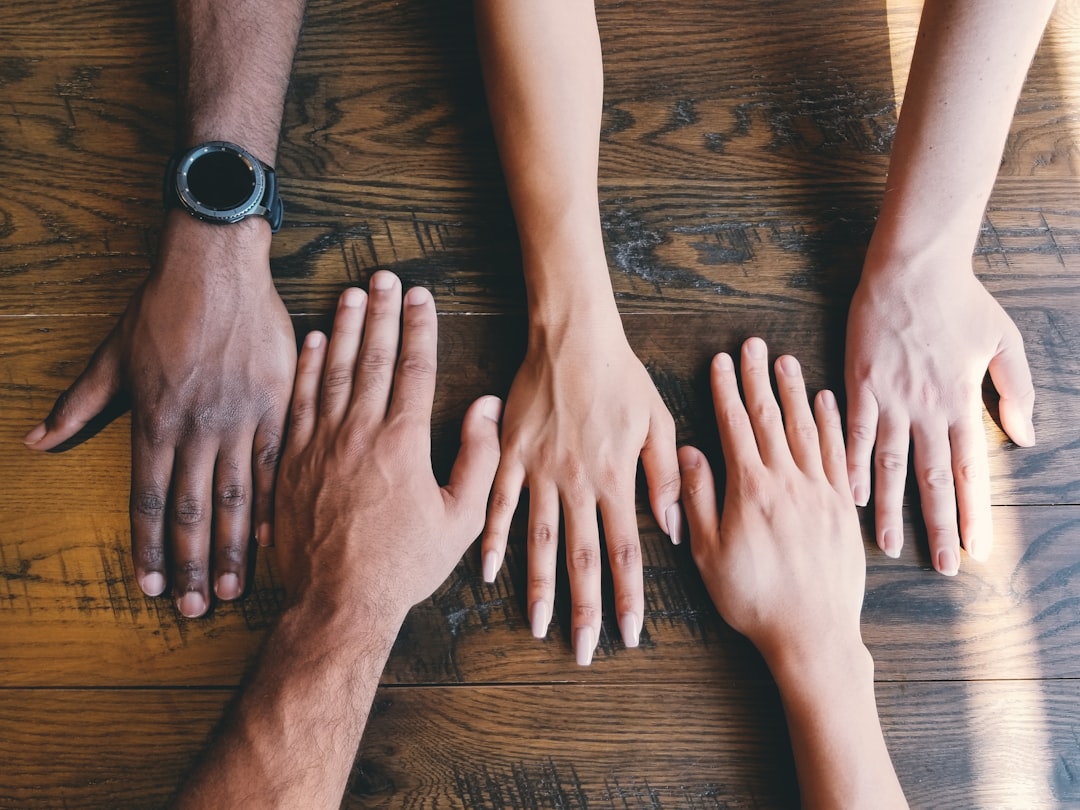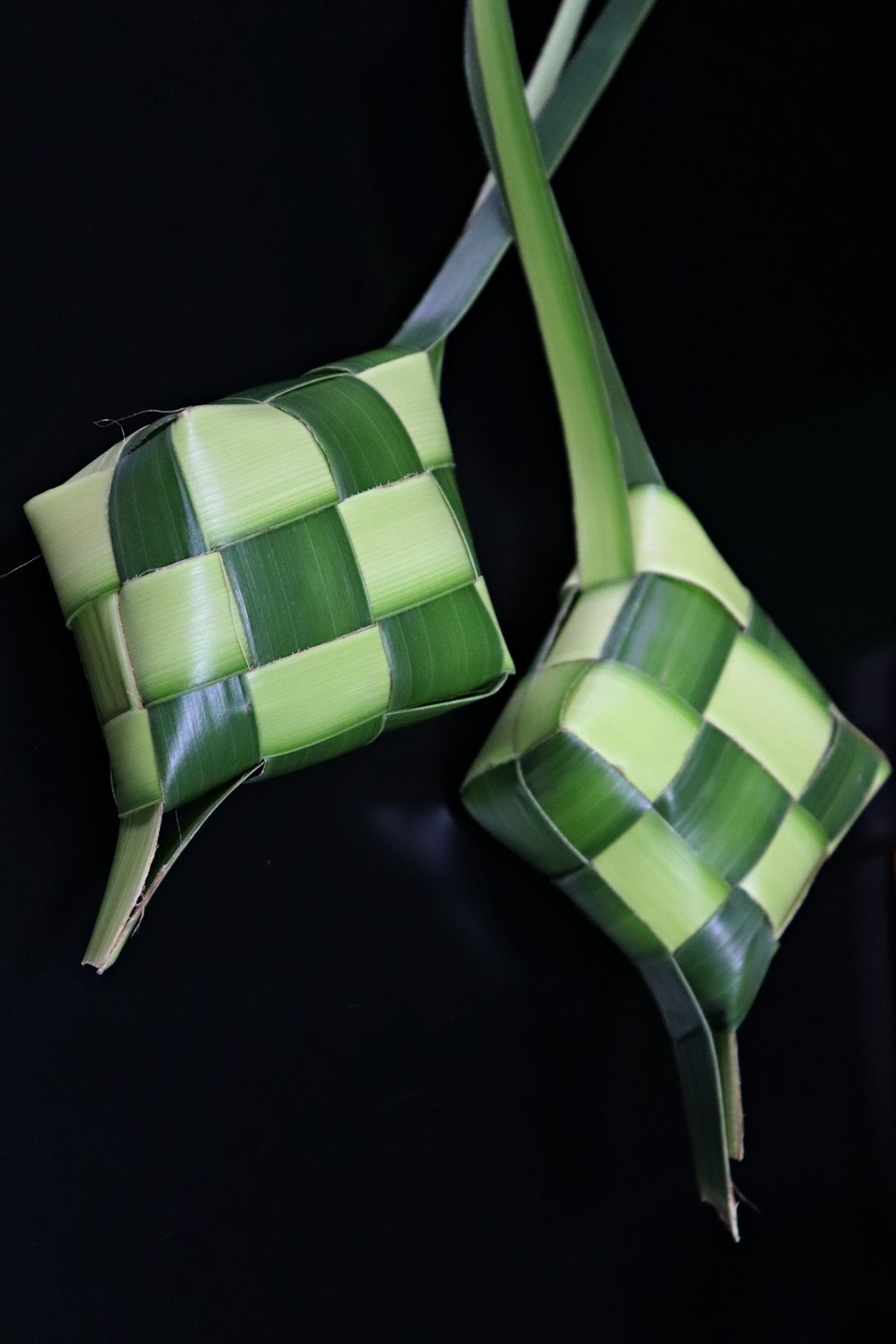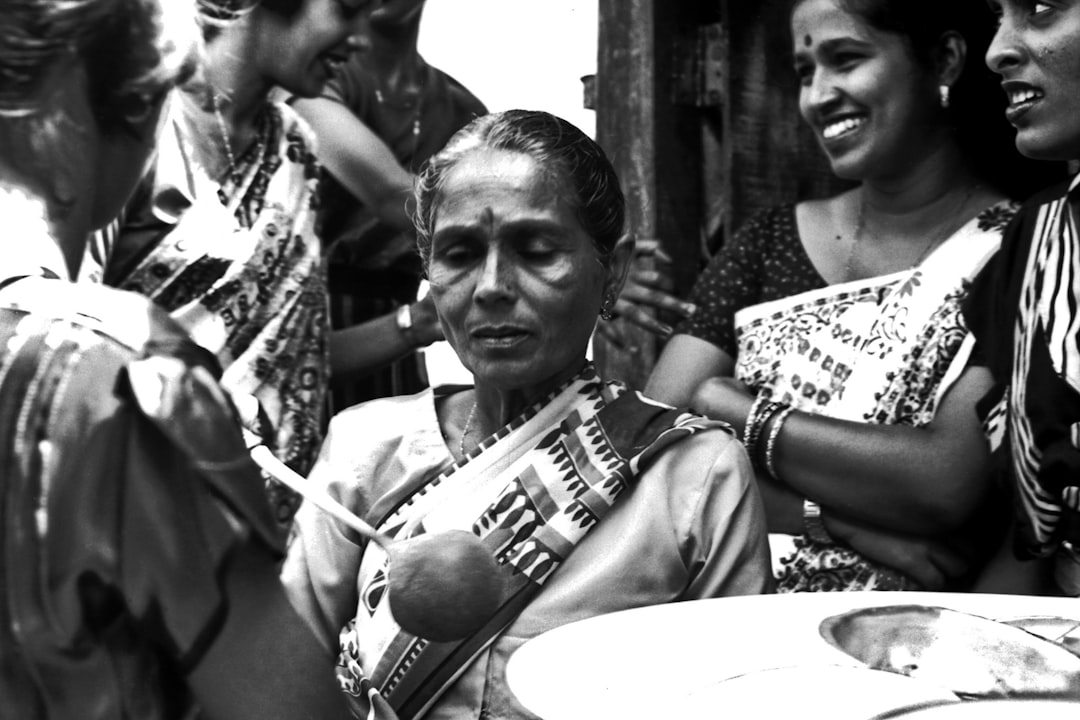Discover the Warmth and Culture of Fiji: A Traveler’s Guide to the People and Traditions
Discovering the warmth and culture of Fiji is a journey into a world where tradition and hospitality create an unforgettable experience. This vibrant South Pacific archipelago, renowned not only for its stunning landscapes and crystal-clear waters but also for its rich cultural heritage, offers travelers a unique opportunity to immerse themselves in the everyday life and customs of its people. From the traditional Kava ceremonies to the welcoming Bula spirit that pervades every interaction, Fiji’s culture is a tapestry of ancient customs and modern influences. In this guide, we will delve into the heart of Fijian society, exploring the traditions, festivals, and communal living that define this remarkable destination.
Introduction to Fiji’s Rich Culture
The Land of Smiles
Fiji is often referred to as the “Land of Smiles,” a testament to the genuine warmth and friendliness of its people. The concept of “Bula,” which means “life” or “hello,” is more than just a greeting; it represents the Fijian spirit of hospitality and joy. You will hear “Bula” everywhere, accompanied by broad smiles and open arms. This welcoming nature is ingrained in Fijian culture, making visitors feel like part of the community from the moment they arrive. The locals take great pride in their heritage and are always eager to share their customs and stories with visitors. This openness and generosity create a unique and inviting atmosphere, ensuring that every traveler’s experience in Fiji is not just a holiday but a heartfelt connection to the people and their way of life.
Overview of Traditions
Fijian traditions are deeply rooted in the island’s history and are a blend of indigenous practices and influences from other cultures. One of the most iconic traditions is the Kava ceremony, a communal ritual involving the preparation and drinking of Kava, a beverage made from the root of the yaqona plant. This ceremony is a symbol of unity and respect and is often performed to welcome guests or mark significant events. Another important tradition is the Meke, a performance involving dance, music, and storytelling that conveys ancestral tales and historical events. Handicrafts such as mat weaving and tapa cloth making are also integral to Fijian culture, passed down through generations. These traditions are not only preserved but celebrated, offering visitors a glimpse into the rich and diverse heritage that defines Fiji.
Importance of Community
In Fiji, community is at the heart of social life, shaping every aspect of daily interactions and festivities. The traditional Fijian village, or “koro,” is a close-knit community where people live in harmony, sharing resources and responsibilities. This communal lifestyle fosters a strong sense of belonging and mutual support. Events and ceremonies are collective experiences, involving the entire village in preparation and celebration. The concept of “solesolevaki,” which refers to communal work, is a testament to the cooperative spirit that binds Fijians together. Whether it’s building a house, harvesting crops, or organizing a festival, everyone contributes, reinforcing social ties and ensuring the well-being of all members. This emphasis on community not only enriches the lives of locals but also offers visitors a unique opportunity to experience genuine connection and hospitality.
Traditional Fijian Festivals
Hibiscus Festival
The Hibiscus Festival is one of Fiji’s most celebrated annual events, held in the capital city of Suva. This week-long festival, typically occurring in August, is a vibrant showcase of Fijian culture, arts, and community spirit. It features a variety of activities, including parades, beauty pageants, talent shows, and traditional dance performances. The festival grounds are filled with food stalls offering local delicacies, craft vendors, and amusement rides, making it a fun and engaging experience for people of all ages. The central highlight is the crowning of the Hibiscus Queen, a prestigious title that honors young women who exemplify beauty, intelligence, and cultural pride. The Hibiscus Festival not only entertains but also reinforces community bonds and cultural identity, providing visitors with a lively and immersive glimpse into the heart of Fijian traditions.
Bula Festival
The Bula Festival, held in Nadi, is another major highlight of Fiji’s festival calendar. Celebrated every July, this week-long event embodies the essence of the “Bula” spirit, characterized by joy, hospitality, and community. The festival features a rich array of activities, including traditional Fijian music and dance performances, cultural exhibitions, and food fairs showcasing local cuisine. A key attraction is the Bula Queen pageant, where contestants from various districts compete in talent, traditional attire, and public speaking segments, promoting cultural awareness and community involvement. The festival grounds also host a variety of family-friendly activities, such as carnival rides and games, ensuring entertainment for all ages. The Bula Festival not only serves as a celebration of Fijian culture but also as a platform for community engagement and charitable activities, enriching the lives of both locals and visitors alike.
Diwali Celebrations
Diwali, the Festival of Lights, is an important celebration in Fiji, reflecting the country’s multicultural fabric. Observed by the Indo-Fijian community, Diwali usually falls in October or November and marks the victory of light over darkness and good over evil. Homes and streets are adorned with vibrant rangoli designs, oil lamps, and fairy lights, creating a magical atmosphere. The celebrations feature a variety of traditional Indian sweets and delicacies, shared with family and friends as a gesture of goodwill and joy. Fireworks light up the night sky, adding to the festive spirit. Public events, including cultural performances and community gatherings, are common, providing an opportunity for people of different backgrounds to come together in celebration. Diwali in Fiji is not just a religious event but a testament to the harmonious coexistence of diverse cultures, making it a unique and enriching experience for all.
Fijian Cuisine: A Culinary Journey
Traditional Fijian Dishes
Fijian cuisine is a delightful blend of indigenous flavors and influences from Indian, Chinese, and European culinary traditions. Traditional Fijian dishes often feature fresh, local ingredients such as coconut, root vegetables, and seafood. One staple dish is Kokoda, a marinated raw fish salad made with freshly caught fish, lemon juice, coconut cream, onions, and tomatoes. Another popular dish is Lovo, a communal feast where meat, fish, and root crops are wrapped in banana leaves and cooked in an earth oven, imparting a unique smoky flavor. Taro leaves cooked in coconut milk, known as Rourou, is a beloved side dish that complements many meals. Cassava and dalo (taro) are commonly used as starchy accompaniments. These traditional dishes not only offer a taste of Fiji’s rich culinary heritage but also provide an opportunity to experience the communal and celebratory aspects of Fijian dining.
Influence of Indian Cuisine
The influence of Indian cuisine is a significant aspect of Fijian culinary traditions, thanks to the large Indo-Fijian community. Indian immigrants brought a rich array of spices, cooking techniques, and recipes that have seamlessly integrated into Fijian food culture. Curries are a staple in many households, often made with local ingredients such as fish, chicken, and vegetables, and spiced with turmeric, cumin, and coriander. Roti, a type of flatbread, frequently accompanies these flavorful curries. Another popular dish is pulao, a fragrant rice pilaf cooked with vegetables, meat, and aromatic spices. Samosas, savory pastries filled with spiced potatoes or meat, and pakoras, deep-fried vegetable fritters, are common snacks enjoyed by Fijians of all backgrounds. The fusion of Indian and Fijian culinary elements creates a unique and diverse food landscape, providing visitors with a rich tapestry of flavors to explore.
Unique Dining Experiences
Fiji offers a variety of unique dining experiences that go beyond the typical restaurant setting, allowing visitors to fully immerse themselves in the local food culture. One such experience is dining at a traditional Fijian village, where guests can enjoy a Lovo feast cooked in an underground oven. This communal meal is often accompanied by traditional songs and dances, providing a rich cultural context. Another memorable option is dining on a private beach, where fresh seafood and tropical fruits are served under the stars, with the gentle sound of waves in the background. Floating restaurants and sunset dinner cruises offer stunning views and the chance to savor Fijian and international dishes while sailing through crystal-clear waters. These unique dining experiences not only highlight the diverse culinary offerings of Fiji but also create lasting memories for visitors, making their stay truly special.
The Warmth of Fijian Hospitality
Village Tours and Homestays
Village tours and homestays are exceptional ways to experience the genuine warmth of Fijian hospitality. These immersive experiences allow travelers to live with local families, offering a firsthand look at daily life, customs, and traditions. Guests participate in various activities, such as fishing, farming, and cooking traditional meals, providing a deeper understanding of the community’s way of life. The homestay hosts often share stories and cultural insights, making visitors feel like part of the family. Village tours typically include a traditional welcome ceremony, where guests are greeted with a Kava ceremony, followed by dances and songs performed by the villagers. These interactions foster a sense of connection and appreciation for Fijian culture, making the experience profoundly enriching. By choosing village tours and homestays, travelers not only enjoy authentic hospitality but also contribute to the local economy, supporting sustainable tourism practices.
The Role of Chiefs
In Fijian society, chiefs play a pivotal role in maintaining cultural traditions and community cohesion. Known as “Turaga,” these leaders are highly respected figures who oversee the welfare and governance of their villages. The chief’s responsibilities include resolving disputes, making important decisions, and organizing community events and ceremonies. Their leadership is integral to the preservation of customs such as the Kava ceremony, Meke performances, and other traditional practices. Chiefs also act as cultural ambassadors, welcoming visitors and sharing the rich heritage of their people. This role extends to ensuring that the principles of hospitality and communal living are upheld, reinforcing the social fabric of Fijian society. By engaging with the chiefs during village tours or homestays, travelers gain a deeper appreciation for the cultural and social structures that underpin Fijian life, enhancing their overall understanding and respect for this vibrant community.
Kava Ceremony
The Kava ceremony is a quintessential aspect of Fijian hospitality and cultural identity. This traditional practice involves the preparation and communal drinking of Kava, a beverage made from the powdered root of the yaqona plant. The ceremony is a symbol of unity, respect, and welcome, often performed to greet visitors, celebrate important events, or resolve conflicts. Participants sit in a circle, and the Kava is mixed in a large wooden bowl called a “tanoa.” The chief or an appointed leader takes the first drink, followed by other members in order of rank. Each drink is accompanied by a clapping ritual known as “cobo,” signifying appreciation and respect. The Kava ceremony is more than just a social activity; it embodies the values of community, tradition, and connection. For visitors, participating in a Kava ceremony offers a unique insight into Fijian culture and an opportunity to bond with the local people.
Cultural Etiquette and Tips
Dress Code and Customs
When visiting Fiji, it’s important to respect the local dress code and customs to show appreciation for the culture. In villages and during traditional ceremonies, modest clothing is expected. Men typically wear a “sulu,” a type of sarong, while women should wear dresses or skirts that cover the knees. It’s also customary for both men and women to cover their shoulders. Shoes should be removed before entering a home or a community building as a sign of respect. Additionally, it’s polite to avoid wearing hats or sunglasses when addressing elders or participating in ceremonies, as these can be seen as disrespectful. When greeting someone, a gentle handshake and a warm “Bula” are appropriate. Following these customs not only demonstrates respect but also enriches your experience by fostering genuine connections with the Fijian people. Observing local etiquette helps create a positive and respectful atmosphere for both visitors and hosts.
Respecting Local Traditions
Respecting local traditions is crucial when visiting Fiji, as it shows appreciation for the cultural heritage and social norms of the community. One key tradition to honor is the Kava ceremony, where it’s important to follow the lead of the hosts and participate respectfully. Another crucial aspect is observing the hierarchy within the village, particularly showing deference to the chief and elders. Always ask for permission before taking photographs in villages or during ceremonies, as some communities may have specific restrictions. Additionally, refrain from touching someone’s head, as it is considered sacred in Fijian culture. When offered food or drink, it is polite to accept graciously, even if just for a taste, as this reflects the communal spirit of sharing. By understanding and adhering to these customs, visitors not only foster goodwill but also deepen their engagement with the rich cultural tapestry of Fiji.
Language and Communication
Understanding the basics of language and communication can greatly enhance your experience in Fiji. While English is widely spoken and is one of the official languages, learning a few words of Fijian can go a long way in building rapport with locals. Common greetings like “Bula” (hello) and “Vinaka” (thank you) are often met with warm smiles and appreciation. When communicating, it’s important to be polite and patient, as Fijians value respectful and considerate interactions. Non-verbal communication, such as smiling and maintaining eye contact, is also crucial in conveying friendliness and openness. Additionally, be mindful of your tone and volume; speaking softly and calmly is preferred, especially in more formal or traditional settings. By making an effort to understand and respect the local language and communication styles, you contribute to a more meaningful and harmonious exchange with the Fijian people.

